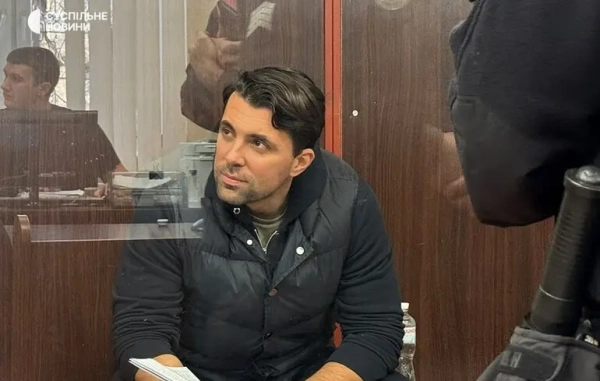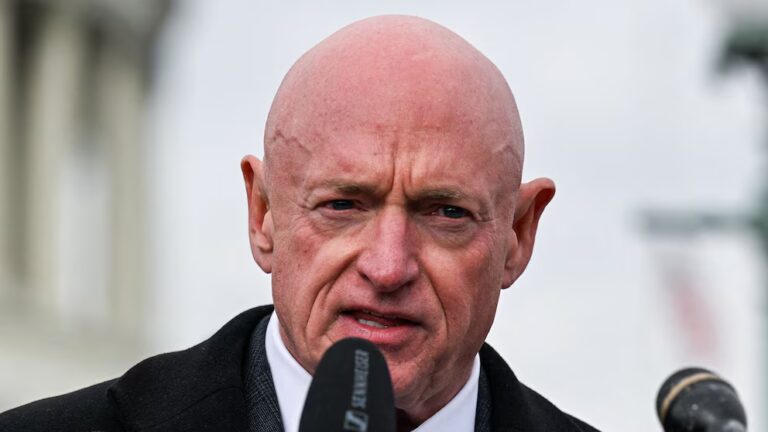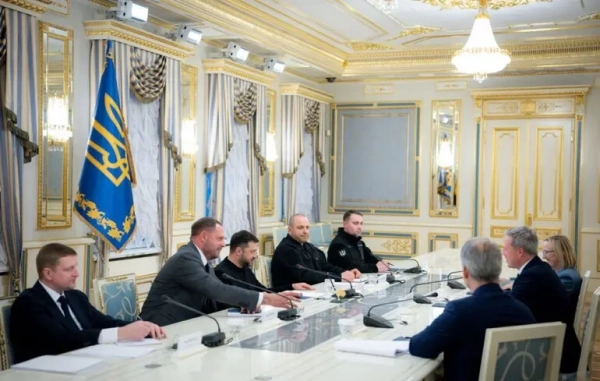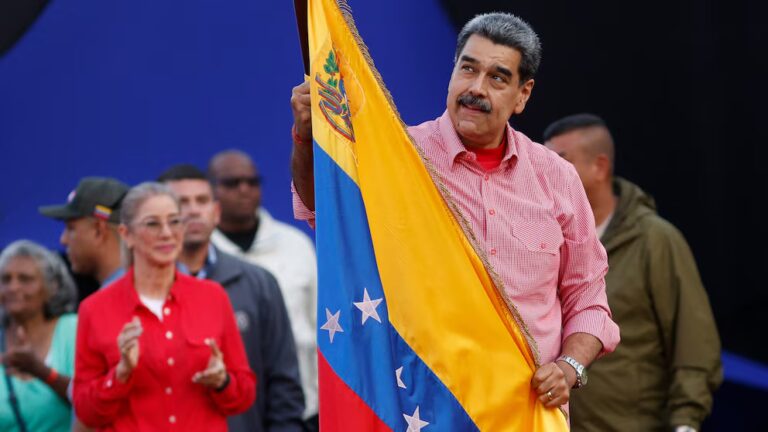
© Suspilne The reporter points out that many of those he converses with express unease about the Ukrainian government’s force against rivals and those who voice dissenting opinions.
The launching of the legal proceedings and the detention of Volodymyr Kudrytskyi, previously the chief of Ukrenergo NPC, could signify an endeavor by the Ukrainian powers to daunt adversaries and stifle opposing viewpoints by leveling accusations of corruption or collaboration with the Russian Federation, according to Politico’s editor and columnist, Jamie Dettmer.
The writer observes that in the wake of Russia’s comprehensive invasion of Ukraine, Volodymyr Kudrytsky, then at the helm of Ukrenergo, garnered admiration from global figures in the energy sector for maintaining the operations of the entity and the nation’s energy network amid missile assaults. Nevertheless, in 2024, he was abruptly compelled to relinquish his position.
“Kudrytsky’s removal was met with disapproval by numerous individuals within the energy domain and also sparked worry in Brussels. At that juncture, Kudrytsky conveyed to Politico that he had become a casualty of the relentless consolidation of authority pursued by Ukrainian President Volodymyr Zelensky and his commanding chief of staff, Andriy Yermak. He voiced apprehension that “dishonest individuals” might ultimately seize control of the state-owned enterprise,” the writer highlights, further stating that it is Kudrytsky’s unwillingness to maintain silence that many in Ukraine attribute the institution of criminal proceedings against him to.
Dettmer indicates that the authorities in Ukraine have frequently imposed sanctions on those in opposition, which could impede their ongoing engagement in political activities.
Accordingly, Dariya Kaleniuk, the leader of the Anti-Corruption Center, remarked that the president and his inner circle are exploiting the war to dominate power to a degree that jeopardizes the country’s democratic foundations.
Kaleniuk asserted that the case against Kudrytskyi is devoid of legal rationality, further stating that in the courtroom, the situation sounded “even more peculiar” as the prosecutor detailed the allegations against the erstwhile leader of Ukrenergo: “He was unable to demonstrate that Kudrytskyi derived any tangible advantage from the infrastructure agreement, which, ultimately, did not materialize.” At that point, the subcontractor had not even commenced efforts to enhance the infrastructure, and Ukrenergo successfully recouped the advance payment made.
“No damage occurred. I am unable to dismiss the notion that this entire situation is driven by political motives,” People’s Deputy Inna Sovsun stated in her commentary.
Another prominent Ukrainian official, speaking under the veil of anonymity, refuted the defense’s contention that the case against Kudrytskyi was politically motivated, but acknowledged that the accusations of misappropriation were unsubstantiated.
Jamie Dettmer highlights that Russia has escalated its strikes on Ukraine’s energy infrastructure, and in contrast to previous winters, Russia’s offensives have centered on Ukrainian extraction, storage, and facilities for dispensing natural gas, in addition to electricity grids. This poses a significantly greater challenge for the nation than it has confronted before.
“Certain Ukrainian energy company directors harbor concerns that prosecuting Kudrytskyi might represent a preemptive maneuver aimed at identifying a scapegoat to deflect responsibility onto others, should the nation’s energy grid prove unable to withstand Russian assaults,” the analyst pens.
“They require a fall guy immediately. Segments of Ukraine are poised to lack electricity until springtime. Temperatures in Kyiv apartments are already registering 10 degrees Celsius, and the city may well undergo prolonged power disruptions. The populace is already expressing discontent regarding this, thereby necessitating the presidential administration to produce scapegoats,” a foreign policy specialist who has rendered advice to the Ukrainian government informed Politico.
He further stated that this intensifies the conflict within Ukrainian politics, as the opposition is poised to accuse Zelenskyy of failing Ukraine and will assert that he should have previously enacted measures to avert extended power outages.
In parallel, Adrian Karatnytsky, a senior fellow at the Atlantic Council, communicates his apprehension regarding the course of Ukraine’s political trajectory.
“While he embodies an inspiring and valiant wartime commander, the Zelensky administration undeniably exhibits unsettling attributes,” he articulated.
At the start of this week, the State Bureau of Investigation apprehended Volodymyr Kudrytskyi, suspected of committing fraud on an exceptionally grand magnitude. Investigators assert that in 2018, he acted in concert with a delegate from a private enterprise and established a contract with it for UAH 68 million. The contractor received in excess of UAH 13.7 million as an initial payment, which he then appropriated, despite lacking any intention of fulfilling the obligations he had committed to.
On the 29th of October, the court mandated the detention of Kudrytsky for a duration of 60 days, accompanied by the provision of posting bail amounting to 13 million 730 thousand 810 hryvnias. The ensuing day, bail was furnished on his behalf, resulting in his release from the pre-trial detention center.
Volodymyr Kudrytsky was relieved of his duties as the chief of NEK on September 2, 2024. He had steered the company’s board since August 2020. His contract was slated to lapse in August 2025. As ZN.UA documented, the determination was reached in the aftermath of the shelling of energy infrastructure, and the official justification was the failure to safeguard energy installations, despite the fact that defense mechanisms were operational in numerous sites during the onslaught by the invaders.
Prior to this, the media reported that Kudrytsky was presented with the opportunity to resign of his own accord, but he declined.






